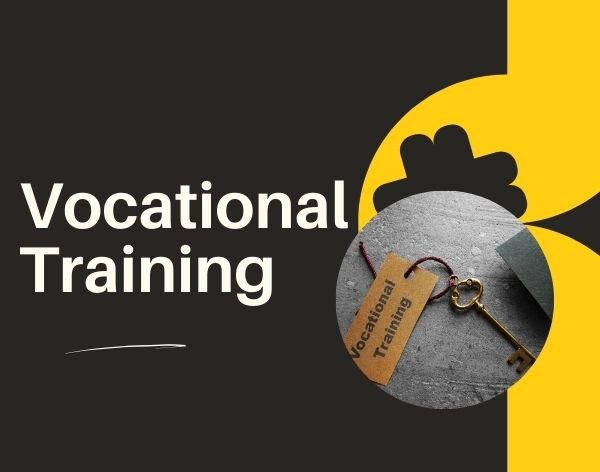
In the dynamic landscape of today's job market, the debate over skills versus degrees has gained significant traction. While academic degrees have long been regarded as essential credentials for career advancement, there is a growing recognition among employers that practical skills are equally—if not more—valuable.
The Shift in Employer Priorities
Employers are increasingly emphasizing practical skills over academic qualifications when making hiring decisions. The rapid pace of technological advancement has created a demand for workers who can adapt quickly and apply their knowledge effectively in real-world scenarios. In many industries, employers are more interested in candidates who possess hands-on experience and relevant skills than those with a string of academic degrees but lack practical know-how.
Real-World Relevance
One of the key reasons why practical skills are gaining prominence is their direct relevance to the needs of today's workplaces. While academic degrees provide a theoretical foundation, practical skills enable individuals to tackle everyday challenges with confidence and competence. Employers value employees who can hit the ground running, contribute immediately, and drive tangible results. Practical skills, acquired through vocational training or on-the-job experience, demonstrate an individual's ability to deliver value from day one.
Cost-Effectiveness and Efficiency
Another factor driving the preference for practical skills is the cost-effectiveness and efficiency of acquiring them. Traditional academic degrees often come with a hefty price tag and require several years of commitment. In contrast, vocational training programs offer a more streamlined and focused approach, equipping individuals with job-specific skills in a shorter timeframe and at a fraction of the cost. This makes vocational training an attractive option for those seeking to enter the workforce quickly and efficiently.
Meeting the Demands of the Future
As industries continue to evolve and adapt to technological advancements, the demand for workers with practical skills will only increase. Jobs that require specialized technical knowledge or hands-on expertise are projected to grow significantly in the coming years. By investing in vocational training and acquiring in-demand skills, individuals can position themselves for success in high-growth industries such as healthcare, information technology, manufacturing, and skilled trades.





